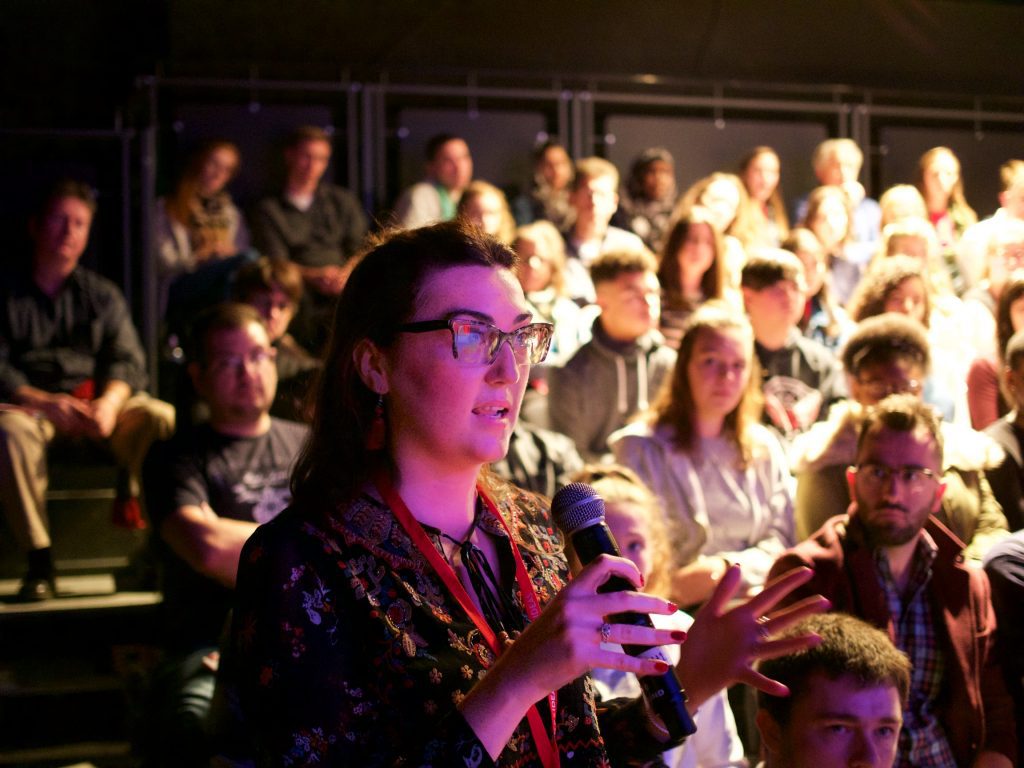
SATURDAY 13 OCTOBER, 12:00 — 13:00, FROBISHER 4-6 Barbican Centre, London
Originally published by Battle of Ideas festival.
Democracy is increasingly digital. People get news from Facebook, hash out ideas on Twitter and petition the government on sites like Change.org. But as political activity seems to be moving online, some have called for the regulation of this new ‘virtual town hall’. In August this year, Labour leader Jeremy Corbyn called for a public-owned competitor to Facebook to counter the influence of Big Tech on democracy. ‘The public realm doesn’t have to sit back and watch as a few mega tech corporations hoover up digital rights, assets and ultimately our money’, he said. More broadly, many worry that hacking, echo-chambers and online radicalisation needs to be combated with new powers.
Yet, to many, the internet is already over-regulated. More than nine people are arrested every day in the UK under the Communications Act 2003, which makes it illegal to ‘cause annoyance, inconvenience or needless anxiety to another’ with online posts. In 2016, the British government passed the Investigatory Powers Act, giving the police and intelligence agencies unprecedented powers to surveil our private communications and internet activity.
Regulation is not just confined to governments. Social-media sites increasingly adopt strict policies they claim are designed to remove hate speech and promote respectful public discussion, which have recently targeted notable right-wing bloggers. Beyond simply removing content, many worry that such sites manipulate the content we see. A newsfeed experiment conducted by Facebook in Bolivia, Cambodia, Guatemala, Serbia, Slovakia and Sri Lanka decimated web traffic to prominent outlets, altering media and political dynamics in those countries.
Can democracy thrive with a totally free web, or should governments step in to protect the citizens they serve? Is it possible to solve new-age problems like filter bubbles and the transformation of our public sphere with a more open online framework? And what can we learn from the success stories of democratic digitalisation overseas?
SPEAKERS
Donald Clark — EdTech entrepreneur; CEO, WildFire
Nico Macdonald — visiting fellow, School of Arts and Creative Industries, London South Bank University; co-author, Big Potatoes: the London manifesto for innovation
Charlie Parker — journalist; recent awardee, Winston Churchill Memorial Trust travel scholarship to research digital democracy initiatives in Iceland and Estonia
Alice Thwaite — founder, Echo Chamber Club
CHAIR
Martyn Perks — digital business consultant and writer; co-author, Big Potatoes: the London manifesto for innovation
PRODUCERS
Charlie Parker — journalist; recent awardee, Winston Churchill Memorial Trust travel scholarship to research digital democracy initiatives in Iceland and Estonia
Martyn Perks — digital business consultant and writer; co-author, Big Potatoes: the London manifesto for innovation